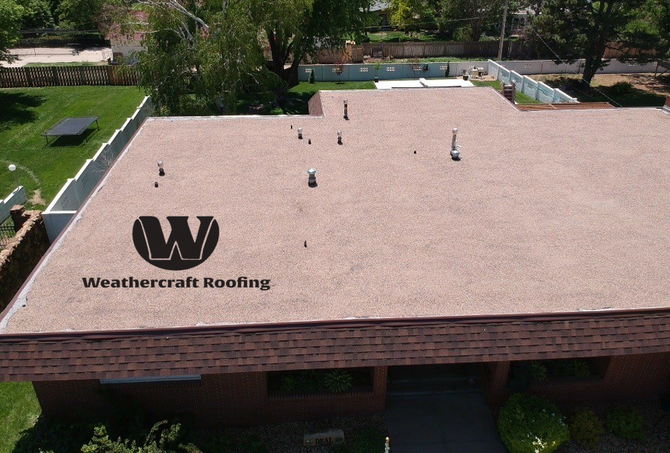Choosing the proper industrial roofing system is essential for protecting your property and enhancing its longevity. In this article, we’ll walk you through the key factors in selecting the right roofing system and maintaining it properly to avoid costly mistakes.
Things to Keep in Mind for Your Industrial Roofing Project
Industrial roofing requires careful planning and consideration due to the unique needs of large-scale properties. Some key factors to keep in mind include:
- Building Use: Different industrial buildings may have varying needs, such as heat resistance, weather durability, or soundproofing. Understanding your building’s purpose helps select the right roofing system.
- Environmental Conditions: Consider your local climate—extreme temperatures, heavy rainfall, or snow can all affect roofing materials. Select a roofing system designed to handle these conditions.
- Budget: While industrial roofing can be costly, finding the right balance between quality and affordability ensures you get the best return on investment.
- Energy Efficiency: Opting for energy-efficient roofing materials can help lower energy costs by improving insulation and reducing the need for heating and cooling.
Popular Industrial Roof Types: Built-Up, Metal, and Modified Bitumen
Industrial buildings often use specific roofing systems. Below are some of the most common types that provide advantages based on the structure's needs.
Built-Up Roofs (BUR)
Built-up roofing systems are made of multiple layers of materials, typically tar and gravel, providing excellent waterproofing. BUR is durable, offers good insulation, and can handle harsh weather conditions, making it ideal for large industrial buildings. However, the installation process can be lengthy and labor-intensive.
Metal Roofs
Metal roofing is a popular choice for industrial buildings due to its durability and low maintenance. It’s highly resistant to extreme weather, including heavy snow, rain, and strong winds. Metal roofs are also energy-efficient, as they reflect sunlight, reducing cooling costs. They come in a variety of materials, including steel, aluminum, and copper, to suit different needs.
Modified Bitumen Roofs
Modified bitumen is a hybrid material that combines asphalt and rubber or plastic, offering flexibility and long-term durability. It is ideal for low-slope industrial roofs and can be installed using heat or cold methods.
How to Maintain Your Industrial Roof and Avoid Costly Repairs
Routine maintenance is vital to ensuring your industrial roof lasts longer and avoids expensive repairs. Here’s how to maintain your roof effectively:
- Regular Inspections: Regular inspections by professionals can help detect early issues like cracks, leaks, or debris accumulation before they turn into major problems.
- Clean Gutters and Drains: Ensure gutters and drains are clear of debris to prevent water buildup, which can lead to roof damage.
- Prompt Repairs: Promptly repairing minor issues helps prevent bigger, more expensive problems from developing.
- Coating and Sealing: Applying a protective coating to your roof can help prevent moisture penetration and UV damage, extending its lifespan.
Why Working with an Expert Roofing Contractor Is Crucial for Industrial Projects
Industrial roofing projects are complex and require specialized knowledge and skills. Hiring a contractor with experience in industrial roofing ensures that your roof is installed correctly and maintained properly. A specialized contractor can help you choose the right materials, manage the installation process, and provide ongoing support to keep your roof in optimal condition. Don’t compromise on quality—work with an expert who understands the unique needs of industrial roofing.
Conclusion: Choosing the Right Roofing for Your Business
Selecting the right industrial roof is key to safeguarding your property and ensuring it lasts long-term. Understanding your options—BUR, metal, or modified bitumen—will guide your decision. With a specialized contractor, you can ensure optimal installation and maintenance for years of protection.
Ready to begin your industrial roofing project? Get in touch with us for expert advice and customized solutions tailored to your needs.

#IndustrialRoofing #CommercialRoofing #RoofInstallation #BuiltUpRoof #MetalRoofing #ModifiedBitumen #RoofMaintenance #EnergyEfficientRoofing